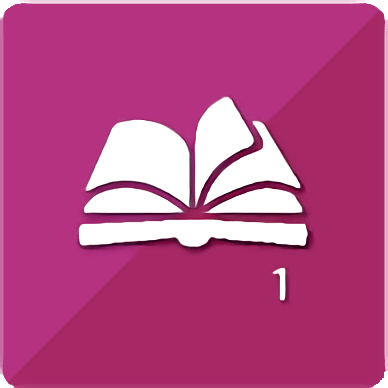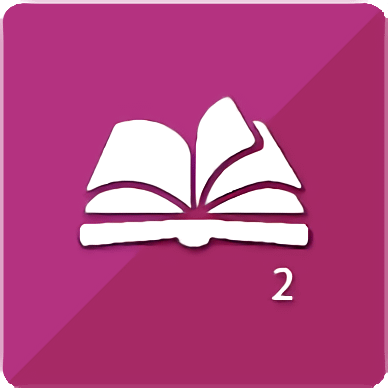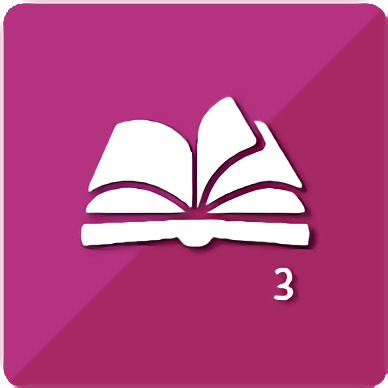English 1 [Competency Based] (1st semester)
$250.00Course Description
How do writers and speakers effectively communicate to their audiences? When is it appropriate to use formal and informal English? When writing or speaking, why are smooth transitions from one idea, event, or concept to another important? Learning to become an effective communicator includes knowing how to receive, evaluate, comprehend, and respond to verbal and nonverbal communication. Students learn effective communication in the context of fiction and nonfiction writing as well as in one-on-one and group discussions. Students strengthen their writing skills by varying syntax and sentence types, and through the correct use of colons, semicolons, and conjunctive adverbs. Students learn to keep their audience, task, and purpose in mind while maintaining a formal style and objective tone, and use style manuals and reference materials to appropriately cite sources and ensure that their writing meets the conventions of formal English.
Course Breakdown
Don Quixote by Miguel de Cervantes
“Cleis” by Sappho
“Ode on a Grecian Urn” by John Keats
“Prologue” by Anne Bradstreet
Fathers and Sons by Ivan Turgenev
“Musee des Beaux Arts” by W.H. Auden
“The Nose” by Nikolai Gogol
Candide by Voltaire Romeo and Juliet by William Shakespeare
Haiku poems by Matsuo Bashō and Issa Kobayashi
Course Goals
Read and analyze Don Quixote.
Explore the elements of plot.
Identify key pieces of textual evidence.
Write an autobiographical narrative. Read and analyze Romeo and Juliet.
Examine the structure and elements of a drama.
Write a persuasive literary analysis on Romeo and Juliet.




